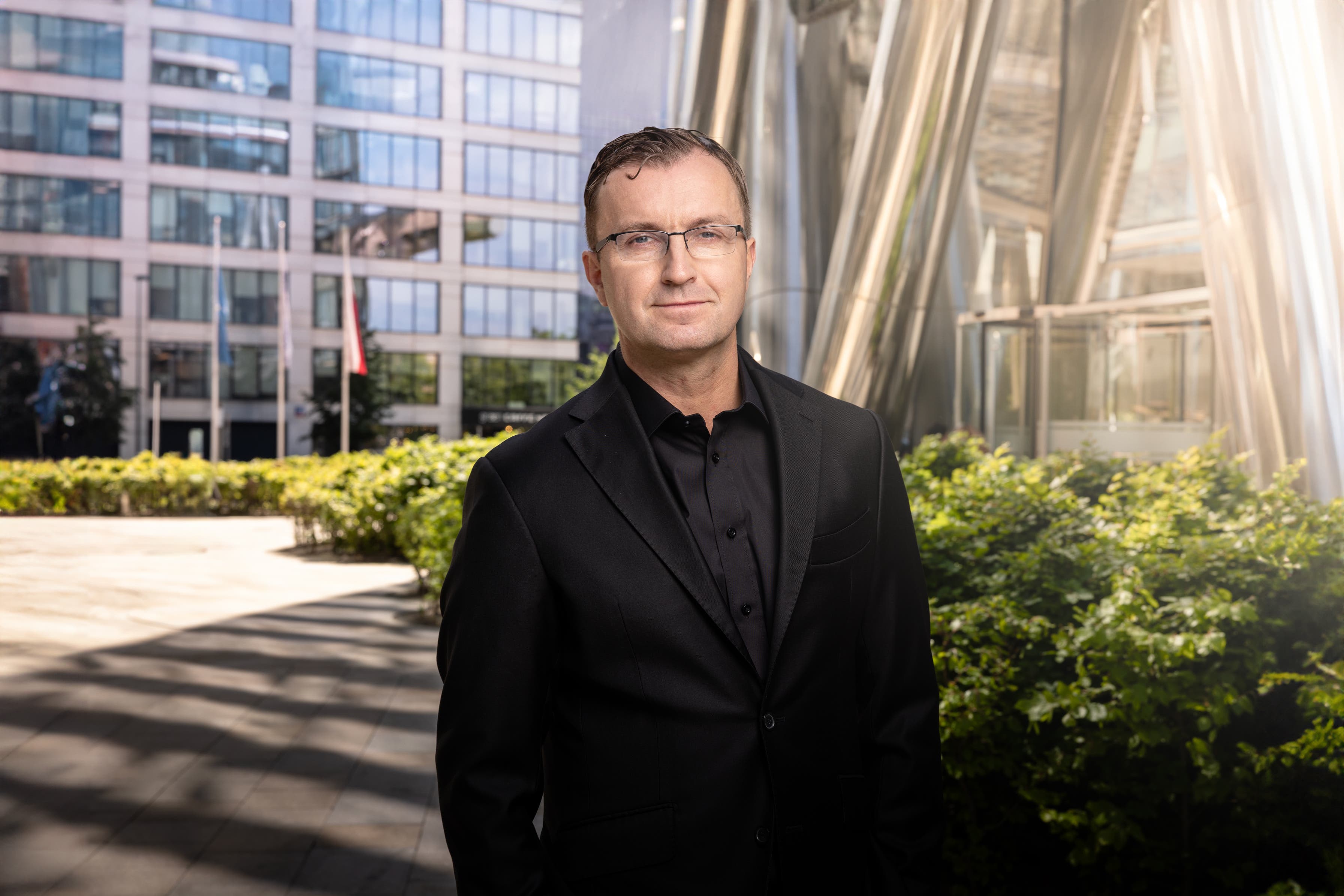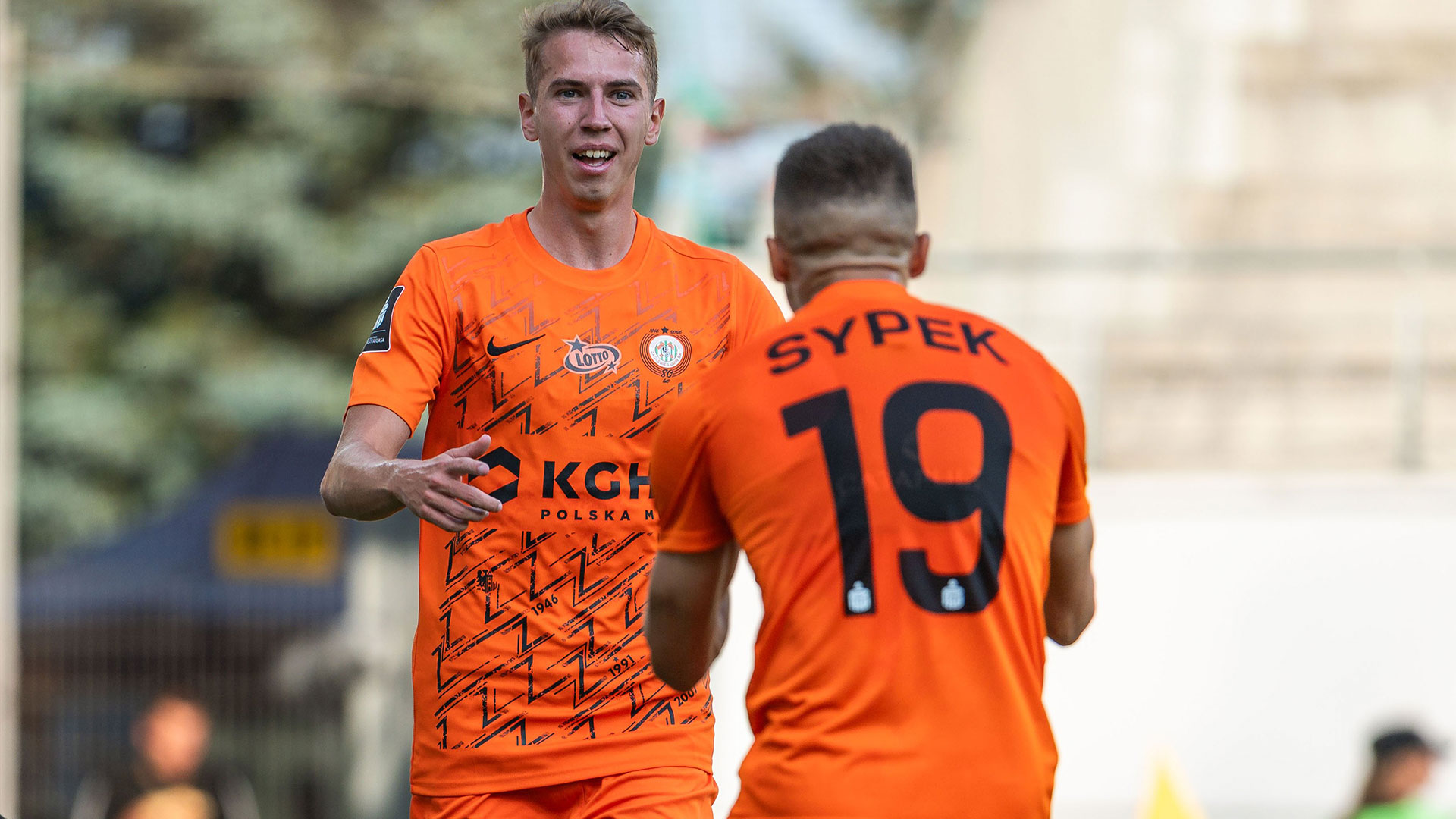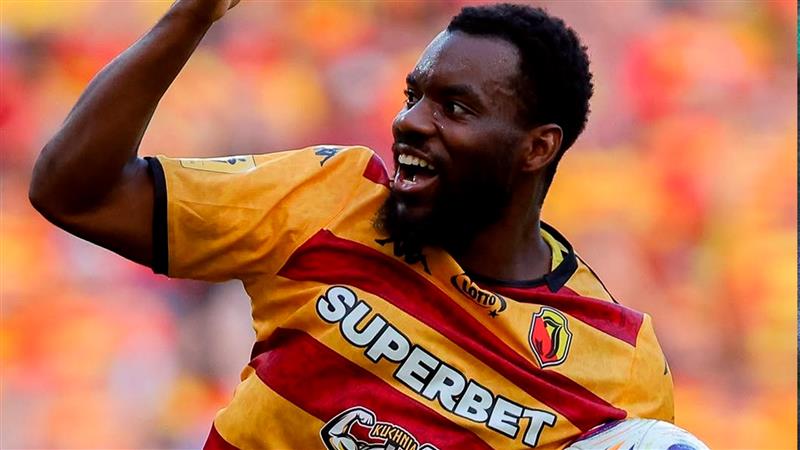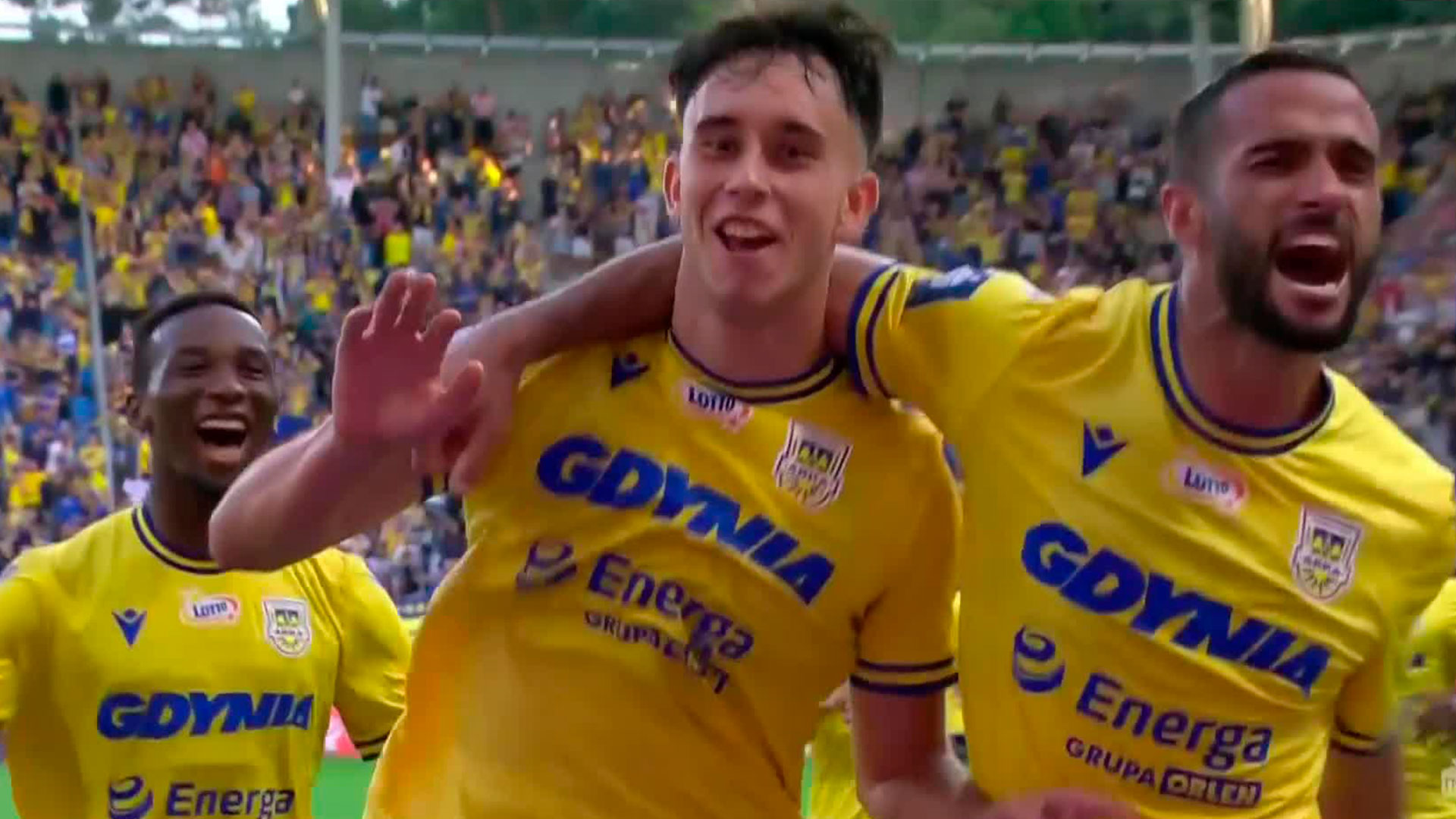Robert Dobrzycki Aims to Restore Widzew Łódź’s Glory
Lifelong Widzew Łódź fan Robert Dobrzycki shares how he went from receiving $5 million at the age of 29 to founding a European business giant, and now invests in the historic Polish club to bring it back to the top.
At the age of 29, he received $5 million from an American businessman. Now he wants to make a soccer giant
“As a private individual, I’ve already invested around 42 million PLN, which is about 11.5 million dollars, and my company is the club’s main sponsor” - says Robert Dobrzycki in an exclusive interview wit beIN Sports. At the age of 29, he received $5 million from American businessman Carl Panattoni to open a company in Europe specializing in the construction and use of industrial and warehouse real estate. Today, Panattoni is the largest developer in this sector in Europe and is beginning to conquer Asian markets. This year, Dobrzycki bought the legendary Polish club Widzew Łódź and wants to restore the team to its former glory. “I hope to invite him [Carl Panattoni] soon to watch a good Widzew match together on beIN Sports,” he adds.
Filip Zieliński (beIN Sports correspondent in Poland, journalist for Przegląd Sportowy Onet): Why did you decide to invest in a Polish football club?
Why Did You Decide To Invest In A Polish Football Club?
Robert Dobrzycki (CEO of Panattoni in Europe, India, and Saudi Arabia. Owner of Widzew Łódź): Buying Widzew Łódź was a dream come true for me. I’ve been passionate about football for as long as I can remember, and I’ve been a Widzew fan practically my whole life. Now, having achieved success in business, I felt that I could – and wanted to – support the club I’m emotionally attached to. For me, this is more of a mission-driven project than a typical capital investment. I already have my main, much larger business, so when it comes to Widzew, profit is not my focus. I want to help the community and the fans achieve their dreams. I know that for them – just as for me – Widzew is much more than just a club.
What Kind Of Potential Do You Think The Polish League Has?
The Polish league has huge, but still largely untapped, potential. On the one hand, we have a solid foundation to build on. There are clubs with rich traditions, and most importantly, there’s an enormous fan base. Their passion remains the biggest asset of Polish football. There’s no other sport in the country that brings together such a large and engaged community. On the other hand, of course, there are still some issues to address.
Why Is It Such An Attractive Market For Investment?
The Polish football market is still young, not fully developed from a business and marketing perspective. This creates opportunities for investors. The level of management in some clubs still leaves much to be desired. What’s needed is professionalization, and people with business experience can bring a new quality to the table. Investing in Polish clubs primarily involves building value from the ground up – organizing structures, developing academies, enhancing infrastructure, and assembling the team. It’s a challenge, but it allows you to truly shape the club. Fresh capital has a stronger impact here than in mature, saturated Western leagues.
Where Do You See Widzew Łódź In This Landscape?
Widzew is a club with character and an 115-year history. We’ve won the Polish championship four times and competed in European tournaments. My goal is to get us back there. I want Widzew to be a stable, professional club with big ambitions. Right now, we’re building a solid foundation. We were very active during the transfer window, carrying out a major overhaul of the squad, which, over time, will translate into better quality on the pitch. We’ve just started building a professional training center. My vision is long-term. I’m not promising that we’ll be playing in Europe right away, but I can promise that the team will keep improving year after year.
Is Your Goal To Create A Team That Will Fight For The Polish Championship And Eventually Return To The Champions League, Or Do You Have Another Vision?
Of course, I dream of a team that will one day compete for the top honors. That’s only natural, given Widzew’s heritage. At the same time, I’m realistic – sporting success doesn’t happen overnight. Our plan is a steady growth: we’ll keep an eye on the table season after season, strengthen the team, develop the academy, and invest in infrastructure. We want our ambitions to go hand in hand with careful planning and professional execution. There will be weaker moments; we’ll make mistakes. That’s normal. But if we work smart, progress will be visible, and returning to the European stage will become a reality.
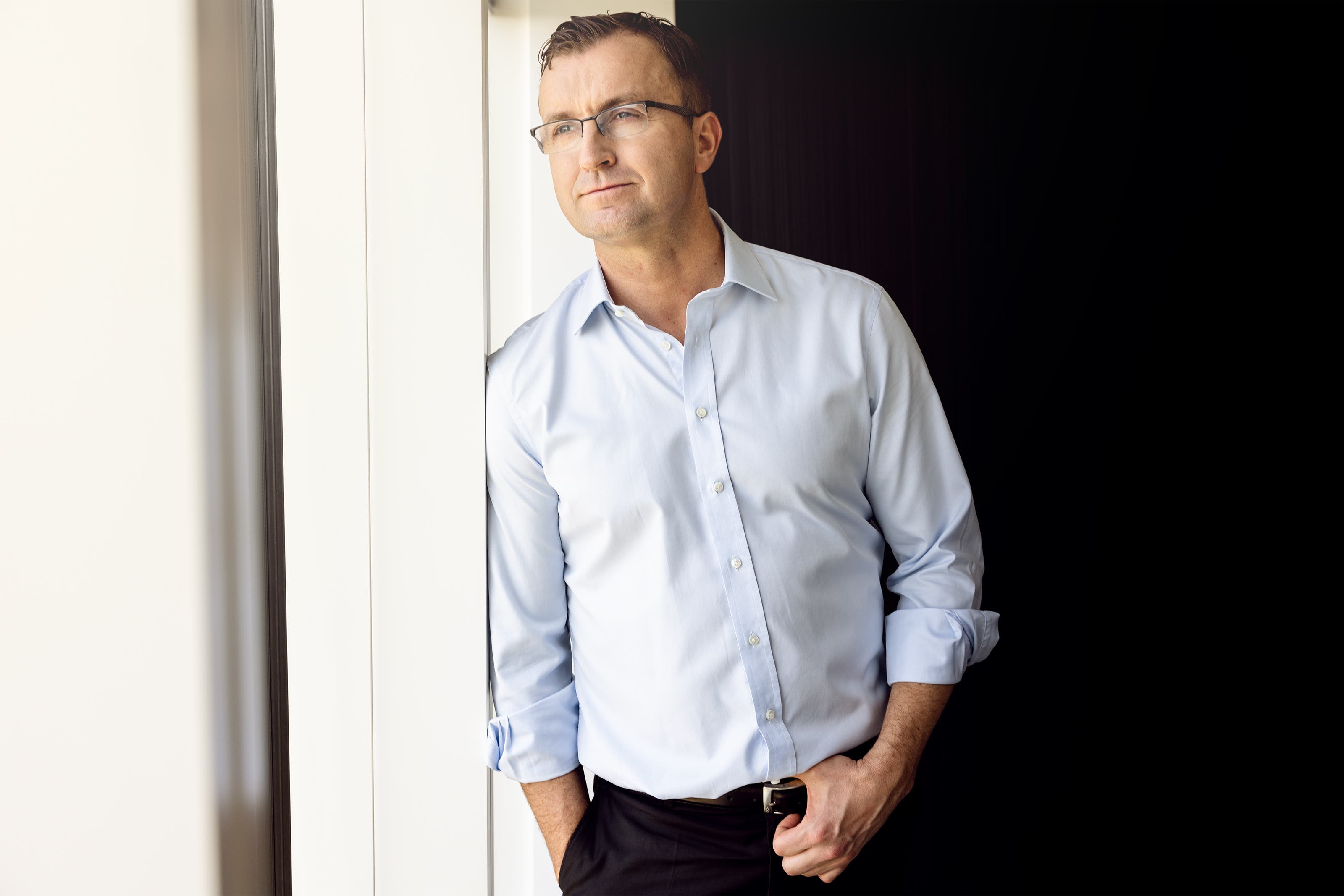
How Much Time Are You Giving Yourself To Achieve These Goals?
For me, Widzew is a lifelong project – I’m not setting short-term deadlines. Ten or twenty years from now, I still want to be the owner of the club, which is why I want to build lasting value. I understand the fans’ expectations and their hunger for success – I get it completely – but I don’t want to fuel that impatience, and I’ll never promise that we’ll secure a specific place in the table in this or the next season.
What Kind Of Budget Are You Realistically Willing To Commit To The Club?
As a private individual, I’ve already invested around 42 million PLN, which is about 11.5 million dollars, and my company is the club’s main sponsor. I don’t set a fixed number or track how much I have left to spend. My focus is on long-term goals. Of course, we have budgetary frameworks, but I’m not afraid of higher expenses or short-term losses. I’m not a football expert – I rely on professionals who present me with plans. If the plans make sense and will accelerate the club’s development, we will go ahead with them.
Do You Anticipate Having To Cover Costs That Won’t Be Recouped, Or Would You Prefer To Operate Only On What The Club Generates?
I’m fully aware that investing in a football club rarely yields a financial return – and that’s not my goal here. Widzew’s statutes don’t allow for dividend payouts, so all profits stay in the club. What’s important is that the club is financially healthy – no debts and generating a surplus – which is quite rare in Polish football. Of course, we’ll keep working to grow our sporting and commercial revenues, but I know that if we want to reach ambitious goals faster, I’ll need to continue investing. I’m fine with that – I have my main business, and here I’m investing in the growth of the club and the community, not in a source of profit.
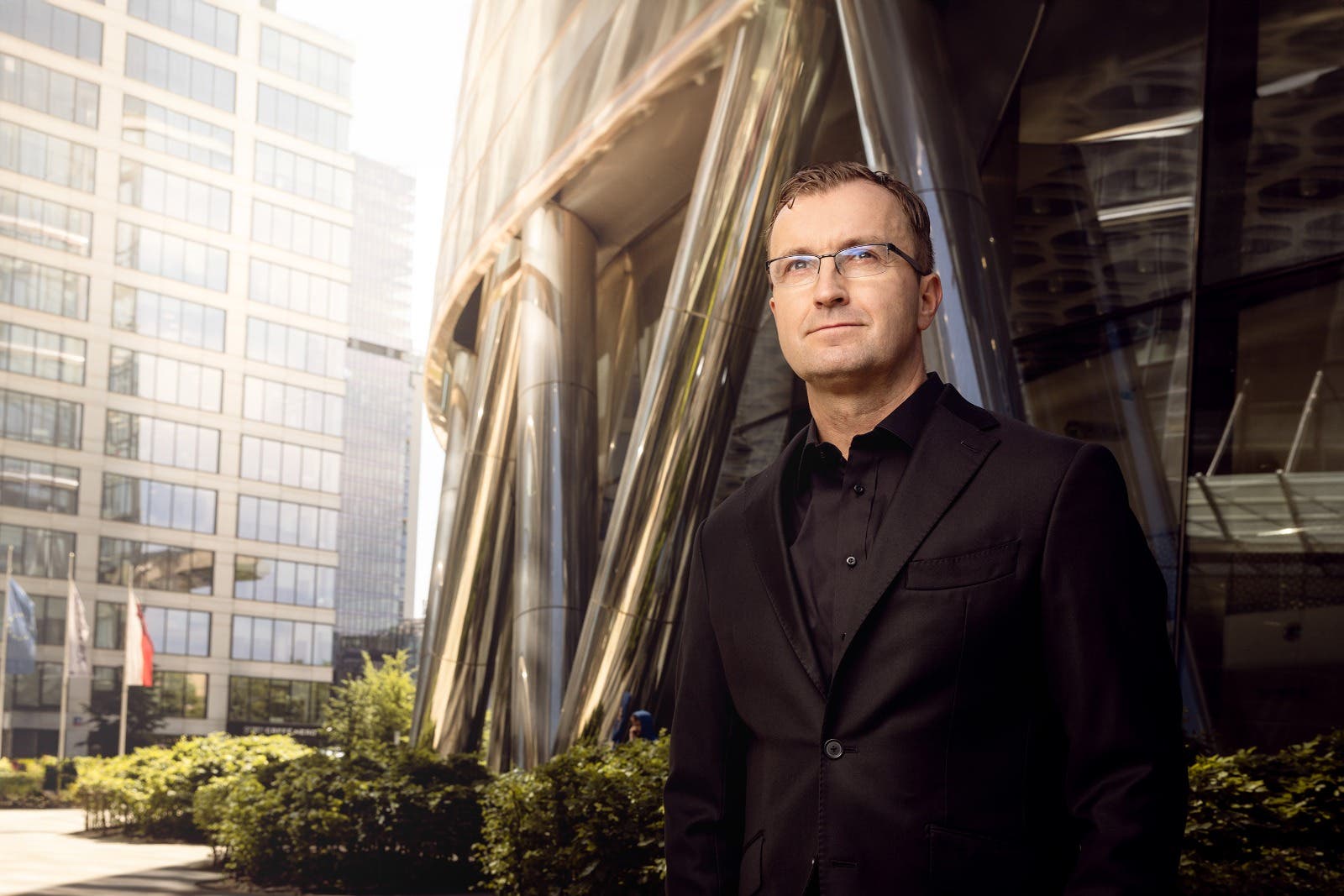
Is Football Comparable To Business? Do Any Of Your Skills From Panattoni Help In Managing The Club?
I believe football is like any other business, and I’ll try to prove that, even though it won’t be obvious in the short term. The main difference is that football is much more emotional. Everything happens in the spotlight – it’s a very public, media-driven environment. But you can still manage it rationally. At Panattoni, I learned how to plan large projects, manage people and budgets, assess risks, and stick to a long-term strategy. Those experiences are invaluable in football as well. Of course, I don’t interfere in sporting decisions – that’s the domain of the coaches, management, and directors. My role is to build a stable structure that enables them to work effectively.
How Did You Convince Carl Panattoni To Make That Investment?
Back then, Poland’s modern industrial real estate market was just beginning to develop. Carl Panattoni wanted to expand into Europe and was looking for partners. While in Prague, he heard from a broker about a young guy in Warsaw working in the industry who was looking for an opportunity to grow. He decided to meet me. We had three conversations, one after the other, over three days. It quickly became clear that we shared a very similar vision of business. That’s when he proposed that we start working together and brought in $5 million in capital. Looking back now, I realize it wasn’t a huge sum for him, but at the time, it was unimaginably big for me. What I brought to the table was ambition and determination. I was hungry for success and ready to leave a stable, comfortable job that offered security but no room for growth. I wanted more, and I felt this was my chance to break through the glass ceiling hanging over me. In a nutshell, that’s how we founded a company that, twenty years later, is the largest developer on the continent and is now aiming to grow beyond it.
Can You Tell Us More About Panattoni’s Expansion In Asia?
India is now one of the key directions in our global growth strategy. It’s a huge, very dynamic market that needs modern logistics and industrial infrastructure. That’s why we’re building our first warehouse park in Delhi–NCR, and we already have more projects in the pipeline in the southern part of the country, in Hosur near Bangalore. And that’s just the beginning.
At the same time, we’re expanding in the Middle East, starting with Saudi Arabia. Like India, the region has enormous potential and rapidly growing demand for high-quality industrial space.
In the longer term, we’re also looking at Japan and Australia. These are challenging markets but very promising ones, so we’re analyzing our entry options for the coming years.
We’re also developing in new areas – we recently created a dedicated structure focused on building data centers, which we see as the most forward-looking and exciting segment of industrial real estate. Our goal is to build a comprehensive, global platform.
Have You Already Shown Carl Panattoni That He Can Watch His Name On Your Club’s Jerseys On American TV?
We haven’t talked about it yet, but I hope to invite him soon to watch a good Widzew match together on beIN Sports [laughs].
But seriously, I’m glad that broadcasts of the Polish league will reach American viewers. Promoting Poland abroad – whether through sports, culture, or science – has always been important to me. That’s why I founded the Robert Dobrzycki Foundation, which is dedicated to supporting such initiatives.
